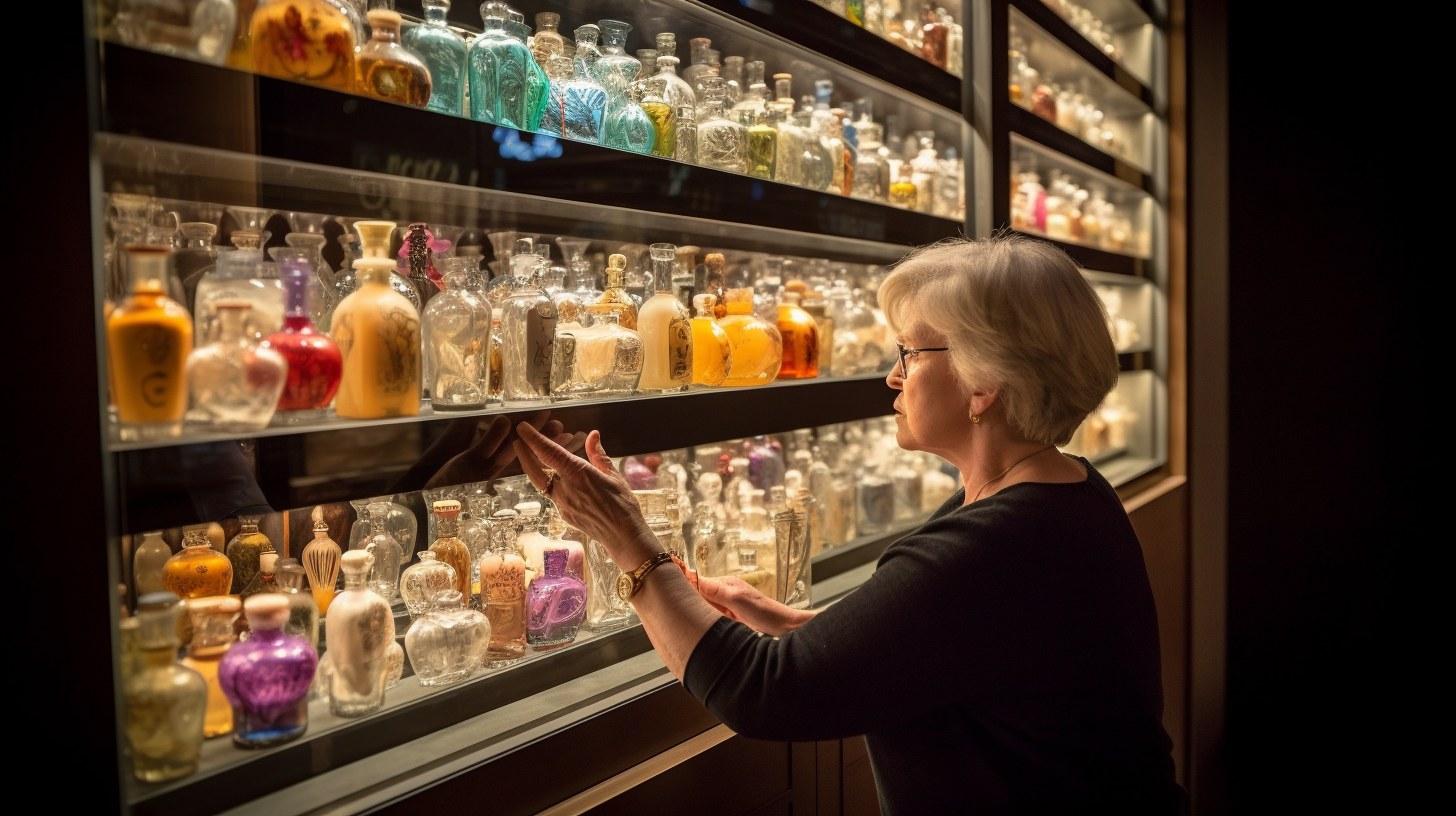Exploring the Safety of Fragrance Ingredients: What You Need to Know
Fragrances are an integral part of our daily lives. From personal care products to home scents, fragrances have become ubiquitous and are used by people of all ages and genders. However, with the increased use of fragrances, concerns about the safety of fragrance ingredients have also risen.
The primary keyword for this topic is “fragrance ingredients safety.” In this blog post, we will explore the safety of fragrance ingredients, including their toxicity, health effects, allergic reactions, irritants, sensitizers, natural and synthetic fragrances, essential oils, perfume, cologne, fragrance-free products, fragrance sensitivity and allergies. We will provide you with valuable information to help you make informed decisions about the fragrances you use in your daily life.
Are Fragrance Ingredients Safe?
Fragrance ingredients are a complex mixture of chemicals that are used to create a specific scent in a product. These ingredients can be derived from natural sources such as essential oils or synthetic sources such as petrochemicals.
According to the International Fragrance Association (IFRA), there are over 4,000 different fragrance ingredients in use today. While some of these ingredients have been extensively studied for their safety, others have not. The safety of fragrance ingredients is a topic of ongoing research and debate.
Toxicity
One concern with fragrance ingredients is their potential toxicity. Some fragrance ingredients have been linked to health problems such as cancer, reproductive issues, and developmental disorders.
The Environmental Working Group (EWG) has conducted extensive research on the safety of fragrance ingredients. They found that many fragrance ingredients are not adequately tested for their potential health effects before being used in products.
Some common fragrance ingredients that have been linked to health problems include phthalates and musks. Phthalates are a group of chemicals that are used to make plastics more flexible and have been linked to reproductive issues in both men and women. Musks are synthetic fragrances that have been found to accumulate in the environment and may have hormonal effects.
Allergic Reactions
Another concern with fragrance ingredients is their potential to cause allergic reactions. Fragrance allergies are becoming increasingly common, affecting up to 10% of the population.
Fragrance ingredients can cause two types of allergic reactions: irritant contact dermatitis and allergic contact dermatitis. Irritant contact dermatitis occurs when a substance causes irritation or damage to the skin, while allergic contact dermatitis occurs when the immune system reacts to a substance as if it were harmful.
Some common fragrance ingredients that can cause allergic reactions include linalool, limonene, and geraniol. These ingredients are often found in essential oils and can cause skin irritation or sensitization.
Natural vs. Synthetic Fragrances
There is ongoing debate about whether natural or synthetic fragrances are safer. Natural fragrances are derived from plant sources such as essential oils, while synthetic fragrances are created in a laboratory using chemicals.
While natural fragrances may seem like a safer option, they can still contain allergens and irritants that can cause skin sensitization or allergic reactions. Additionally, some natural fragrances such as lavender oil can have hormonal effects.
Synthetic fragrances are often criticized for their potential toxicity. However, many synthetic fragrances have been extensively tested for safety and are considered safe for use in products.
Fragrance-Free Products
If you have concerns about the safety of fragrance ingredients, you may want to consider using fragrance-free products. Fragrance-free products do not contain any added fragrances and may be a good option for people with fragrance sensitivity or allergies.
It’s important to note that fragrance-free products may still contain fragrance ingredients as masking agents to cover up the scent of other ingredients. If you have concerns about specific ingredients, it’s important to read the ingredient label carefully or consult with a healthcare professional.
Conclusion
In conclusion, the safety of fragrance ingredients is a complex issue that requires ongoing research and debate. While some fragrance ingredients have been extensively tested for their safety, others have not. It’s important to be aware of the potential health effects and allergic reactions associated with fragrance ingredients and to make informed decisions about the products you use.
If you have concerns about the safety of fragrance ingredients, consider using fragrance-free products or products that use natural fragrances derived from essential oils. Additionally, be sure to read ingredient labels carefully and consult with a healthcare professional if you have any questions or concerns.




